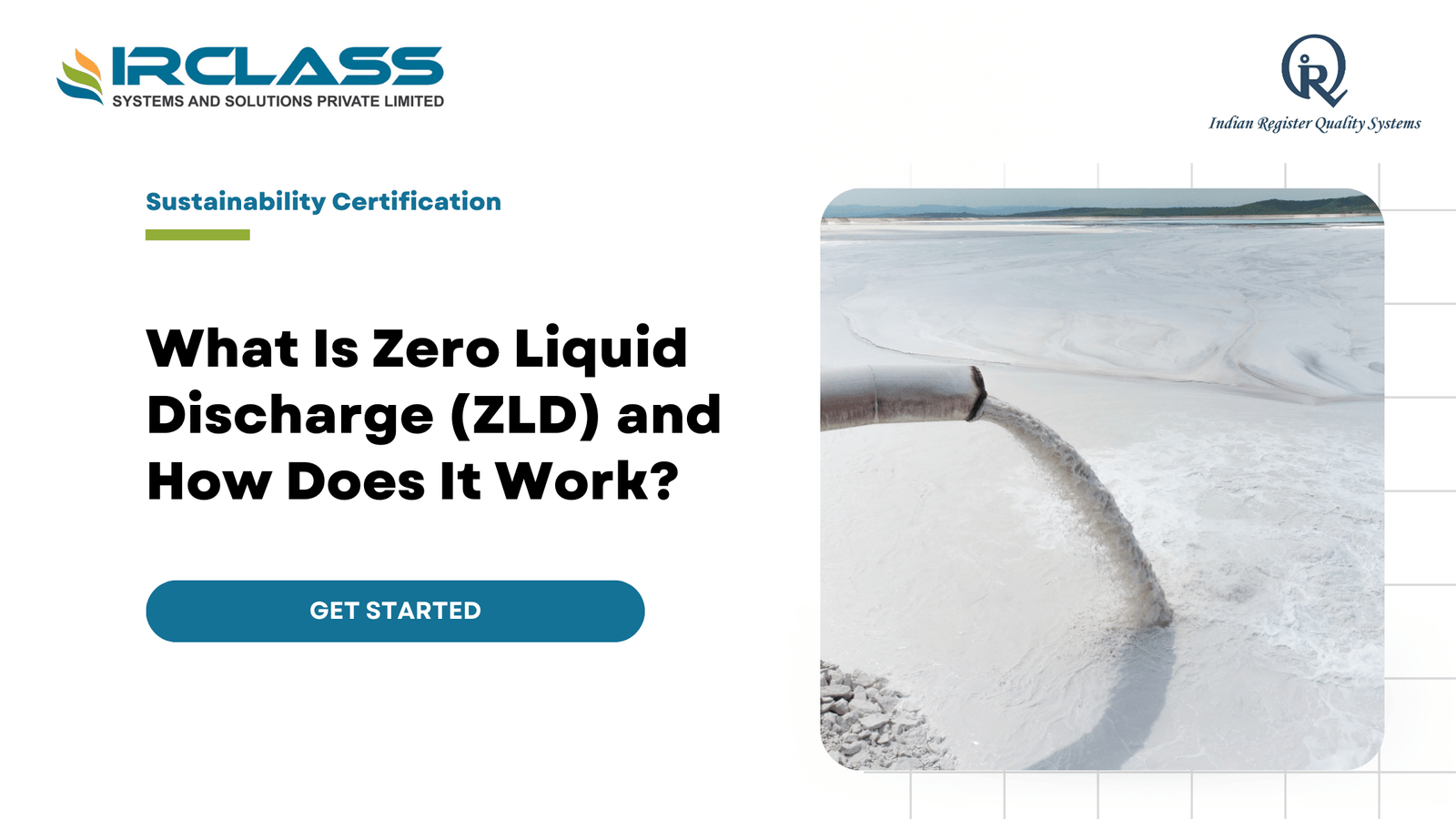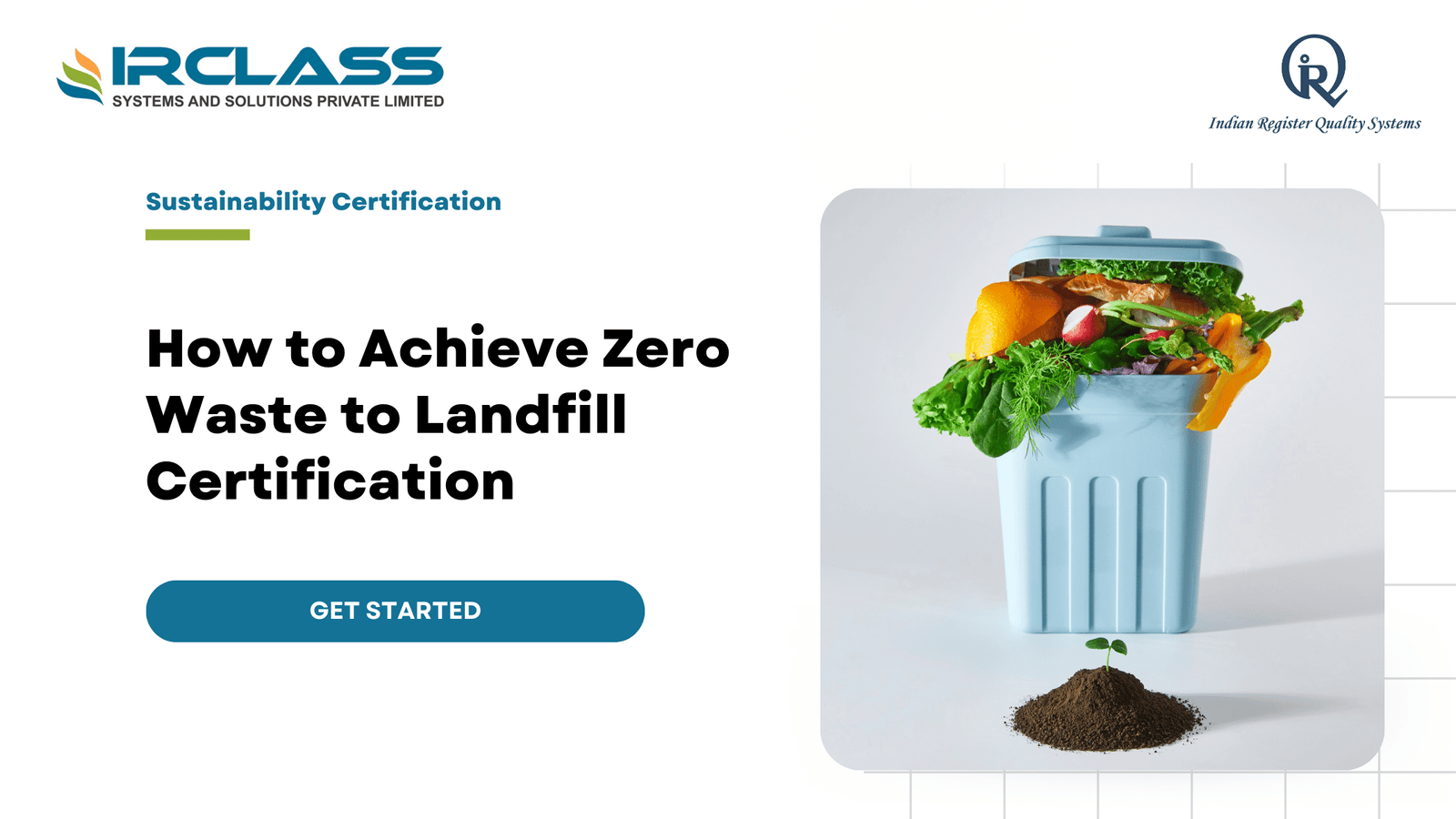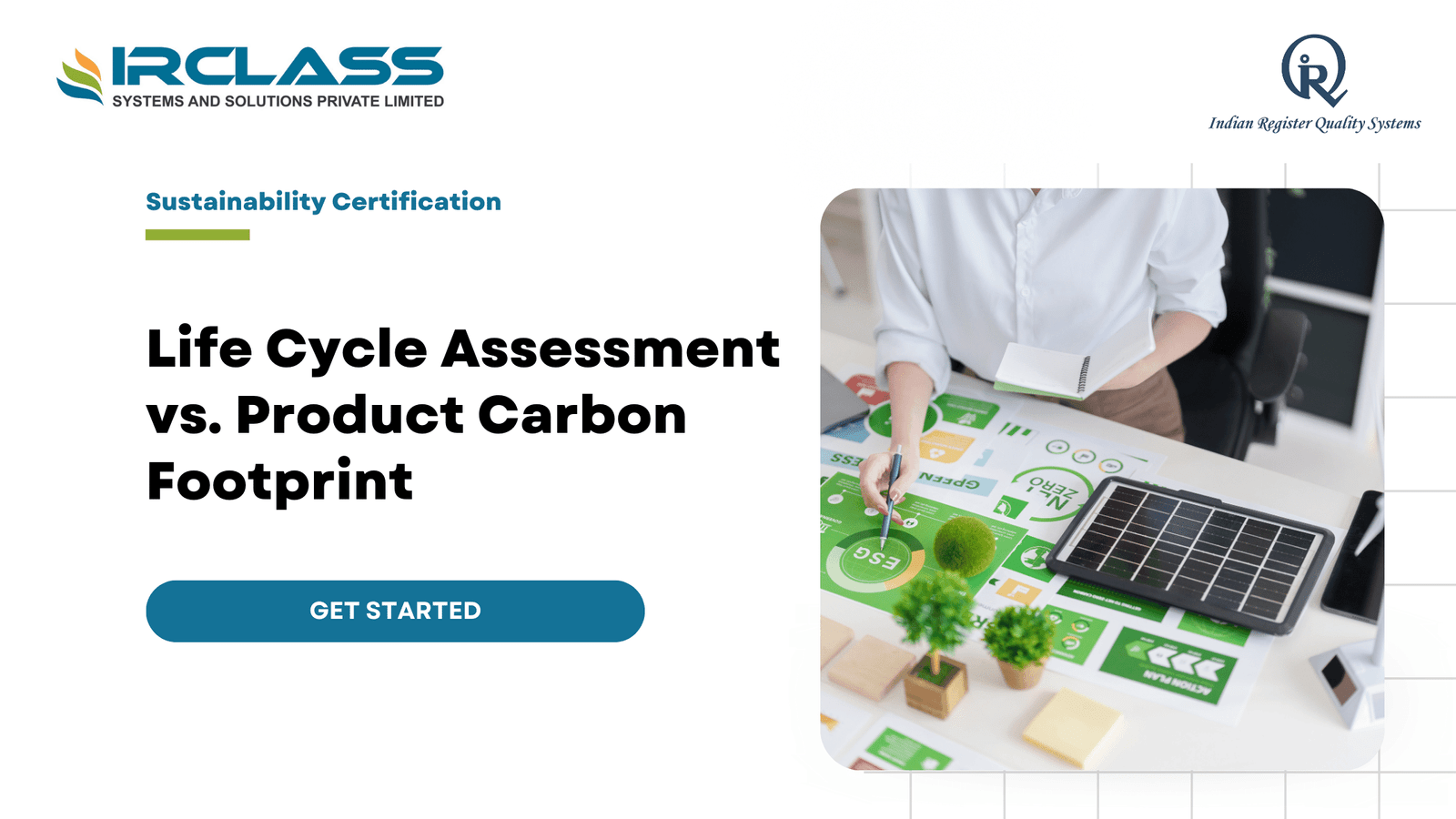Tag: How to get ISO certification in India

How to Get ISO Certified as a Financial Institution: A Step-by-Step Guide
In finance, trust and reliability are the king. Thus, in order to ensure that the clients, stakeholders and regulatory bodies have confidence with their financial institution, they must ensure that they have configured their processes to meet the international standards. Getting ISO certification is one of the best ways to prove this. ISO (International Organization for Standardization) certifications are standards worldwide recognized that guarantee that an organization complies with the best practices in the quality management, information security and the operational efficiency. Ultimately, ISO certification gives financial institutions the credibility needed and improved overall performance while designing a framework for better internal processes. This is a step by step guide for financial institutions to progress through the ISO certification process: 1. Importance of Certification ISO certification offers numerous benefits for financial institutions: ISO certification is one of the tools to improve the image of an institution by assuring the world that it is ready to do nothing out of the ordinary, but to provide quality, security and constant improvement, in an industry whose reputation, and trust is its foundation stone. 2. The ISO Standard to Choose The first step towards the certification journey is to figure out which ISO standard fits your institution’s objectives and requirements. Financial institutions commonly pursue the following ISO standards: ISO 9001: Quality Management Systems ISO 27001: Information Security Management ISO 22301: Business Continuity Management (BCM) ISO 31000: Risk Management Based on the institution’s strategic priorities, scope of operations and regulatory requirements, the right standard is selected. 3. Certification Process Once you’ve chosen the right standard, the certification process involves several key steps: Step 1: Gap Analysis Step 2: Create an Implementation Plan Step 3: Employee Training and Awareness. Step 4: Implement Changes Step 5: Internal Audit Step 6: External Audit Step 7: Certification Common Challenges But ISO certification is a rewarding journey with challenges. Being aware of these hurdles can help financial institutions prepare effectively: Resource Allocation Resistance to Change Complex Documentation Meeting Stringent Criteria We’re expecting these challenges and proactively taking steps to ensure that financial institutions have a more efficient certification process. Conclusion The benefits of ISO certification as a financial institution’s commitment to quality, security and operational excellence cannot be over emphasized. Internationally recognized standards enable institutions to create trust with clients, meet regulatory requirements and compete in the marketplace. Certification is rigorous, but with the right planning, resource allocation and employee engagement it is possible to achieve. In addition, those financial institutions that actually manage to obtain ISO certification enjoy a boost in their business reputation and can therefore hope to be successful in the long run. If you choose to work with a certified body such as IRQS (Indian Register Quality Systems), certification can be a very easy process. IRQS is a pioneer in the delivery of ISO certifications and is a dependable partner for the financial institutions which need to fulfil the global standards and show their respect to the trust and transparency.
Search
Useful Links
Recent Posts

What Is Zero Liquid Discharge (ZLD) and How Does It Work?

How to Achieve Zero Waste to Landfill Certification: Step-by-Step Guide



